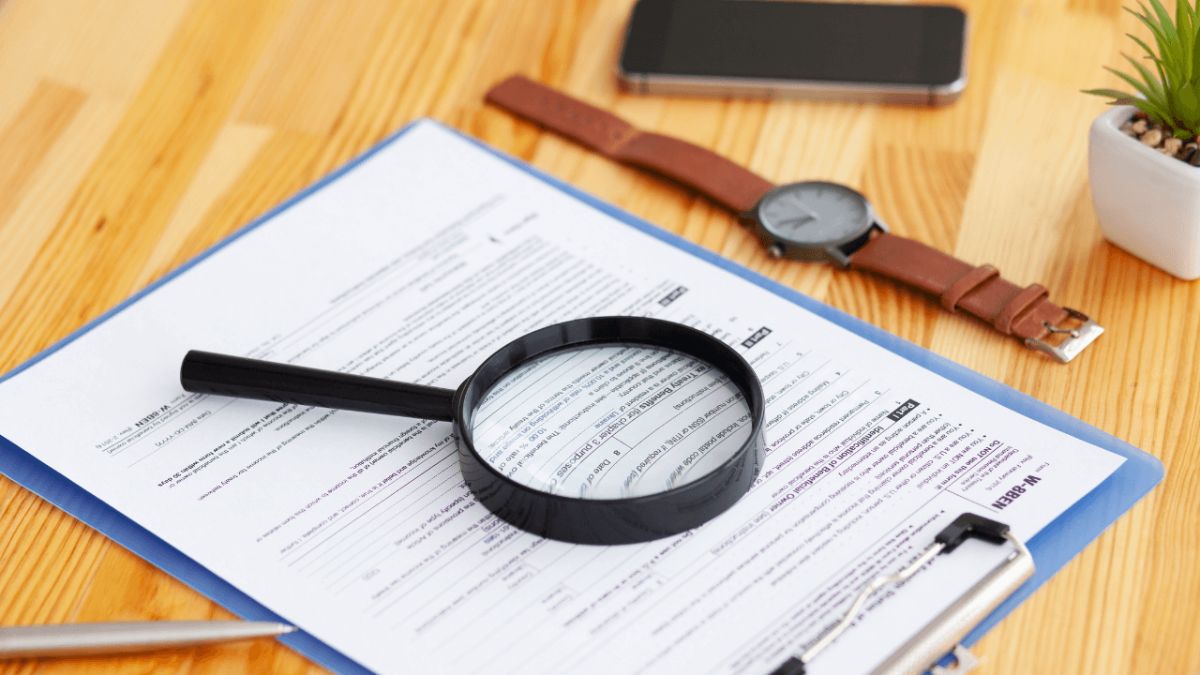Running a business is both exciting and challenging. While you focus on growth and delivering excellent products or services, unforeseen events can throw a wrench in your plans. That’s where business insurance comes in.
Whether you’re a startup founder or a seasoned entrepreneur, understanding business insurance is essential. This guide will explain what business insurance is, why it’s critical for your success, and how to choose the right coverage for your specific needs.
What Is Business Insurance?
Business insurance provides financial protection to businesses in case of unexpected events like property damage, lawsuits, or employee injuries. Essentially, it’s a safety net that ensures your business can survive and recover from setbacks.
Different types of policies protect against various risks, from natural disasters to cyberattacks. Depending on the industry you operate in, you might need specialized coverage tailored to your unique risks.
Why Do You Need Business Insurance?
Investing in business insurance isn’t just a nice-to-have; it’s a must-have for several reasons:
1. Risk Mitigation
Businesses face risks every day, from damaged property to workplace accidents. Without insurance, you’d have to pay for these out of pocket. A single significant incident could lead to financial ruin.
2. Legal Compliance
Depending on where you’re located and your industry, business insurance may be a legal requirement. For example, workers’ compensation insurance is mandatory in most states if you have employees.
3. Client and Partner Requirements
Many clients or business partners may require you to have specific types of insurance. For instance, a vendor might not work with you unless you have liability coverage.
4. Peace of Mind
Knowing you’re protected allows you to focus on growing your business without constantly worrying about “what if” scenarios.
Types of Business Insurance
Understanding the main types of business insurance can help you determine what coverage is necessary for your company.
General Liability Insurance
General liability insurance is a foundational policy that covers third-party claims of bodily injury, property damage, or reputational harm. For example, if a customer slips and falls in your store, this policy would cover their medical expenses and any legal fees if they decide to sue.
Professional Liability Insurance (Errors & Omissions)
If your business provides services, professional liability insurance protects you against claims of negligence or mistakes in the services you deliver. This is crucial for industries like consulting, law, and accounting.
Property Insurance
Property insurance covers damages to your business’s physical assets, such as your office space, inventory, or equipment, due to events like fires, theft, or vandalism. This is vital if your business relies on costly equipment to operate.
Workers’ Compensation Insurance
Most states require businesses to have workers’ comp insurance if they have employees. This policy covers medical expenses and lost wages if an employee gets injured or sick while on the job.
Business Interruption Insurance
Natural disasters or other disruptions can temporarily halt your operations. Business interruption insurance helps cover income losses during downtime so you can keep paying bills and bouncing back quickly.
Cyber Liability Insurance
With the rise of digital threats, cyber liability insurance is becoming increasingly crucial for businesses. It protects against damages caused by hacking, data breaches, and other cyber incidents.
Commercial Auto Insurance
If your business owns vehicles, commercial auto insurance covers damages and liabilities related to vehicle use.
Industry-Specific Coverage
Some industries have unique risks and require specialized insurance. For example:
- Construction Companies often need builder’s risk insurance.
- Restaurants need coverage for foodborne illnesses.
- Tech Companies benefit from technology errors and omissions policies.
How to Choose the Right Business Insurance
The type and level of insurance coverage your business needs depend on several factors. Here’s how you can find the right fit for your company:
1. Assess Your Risks
Start by identifying the risks your business faces. Ask questions like:
- Do I operate in a high-risk industry like construction or healthcare?
- Do I handle customer or employee data that could make me a target for cyberattacks?
- Does my business depend heavily on expensive equipment or inventory?
2. Understand Legal Requirements
Research what types of insurance are legally required in your state. Consult a legal expert or insurance provider if you’re unsure about compliance.
3. Consult with an Insurance Professional
An experienced insurance broker or agent can guide you through your options and recommend policies tailored to your business’s risks and budget.
4. Shop Around
Don’t settle for the first policy you come across. Compare quotes from multiple providers to ensure you’re getting the best coverage at a competitive price.
5. Regularly Review and Update Your Policies
Your business will evolve, and so will its insurance needs. Make it a habit to review your policies annually and update coverage as necessary.
What Does Business Insurance Cost?
The cost of business insurance varies widely based on factors like your industry, location, coverage limits, and the size of your business. On average, small businesses pay anywhere from $500 to $2,000 annually for general liability insurance, but specialized or additional policies can increase those costs.
To save on costs:
- Bundle multiple policies with one provider.
- Opt for a higher deductible if you can afford it.
- Maintain a risk-free environment to lower premiums over time.
Real-Life Examples of Why Business Insurance Is Crucial
Case #1: A Restaurant Kitchen Fire
A small restaurant suffered a fire in its kitchen, causing $50,000 worth of damages. Without property insurance, these costs would have been devastating to cover.
Case #2: Data Breach at a Tech Startup
A tech startup experienced a cyberattack that exposed sensitive customer data. Thankfully, its cyber liability insurance covered the legal costs and helped repair its reputation.
Case #3: Customer Injury at a Retail Store
A customer slipped on a wet floor in a retail store and sued the business for $10,000 in medical expenses. General liability insurance saved the company from financial fallout.
Protect Your Business Today
Business insurance is more than just a financial safety net; it’s a tool to foster stability and growth. By understanding your risks, exploring your options, and staying proactive, you can build a strong foundation for your enterprise’s success.
Don’t wait until disaster strikes to think about coverage. Now’s the time to safeguard what you’ve worked so hard to build.
If you’d like to learn more about your insurance options, consult with a trusted insurance broker today and take the first step toward a worry-free future.
FAQs
1. Why is insurance important for my business?
Insurance protects your business from unexpected financial losses due to accidents, natural disasters, lawsuits, or other unforeseen events. It ensures continuity and helps preserve the assets and reputation you’ve worked hard to build.
2. What types of insurance do I need for my business?
The types of insurance you need depend on the nature of your business. Common options include general liability, property insurance, workers’ compensation, and professional liability. Consult with an insurance expert to determine what suits your specific needs.
3. How do I choose the right insurance provider?
Look for a provider with a strong reputation, good customer reviews, and comprehensive policy options. Ensure they have experience working with businesses in your industry and offer reliable customer support.
4. Can I adjust my coverage as my business grows?
Yes, most insurance plans are flexible. You can adjust your coverage to reflect changes in your business, such as expansion, new services, or increased employee numbers. Regularly reviewing your policy is essential to ensure adequate protection.
5. What happens if I don’t have business insurance?
Without insurance, you may face significant financial risk and legal consequences if your business encounters an incident. This could jeopardize your operations and even lead to closure. Investing in insurance is a critical measure for long-term stability.







